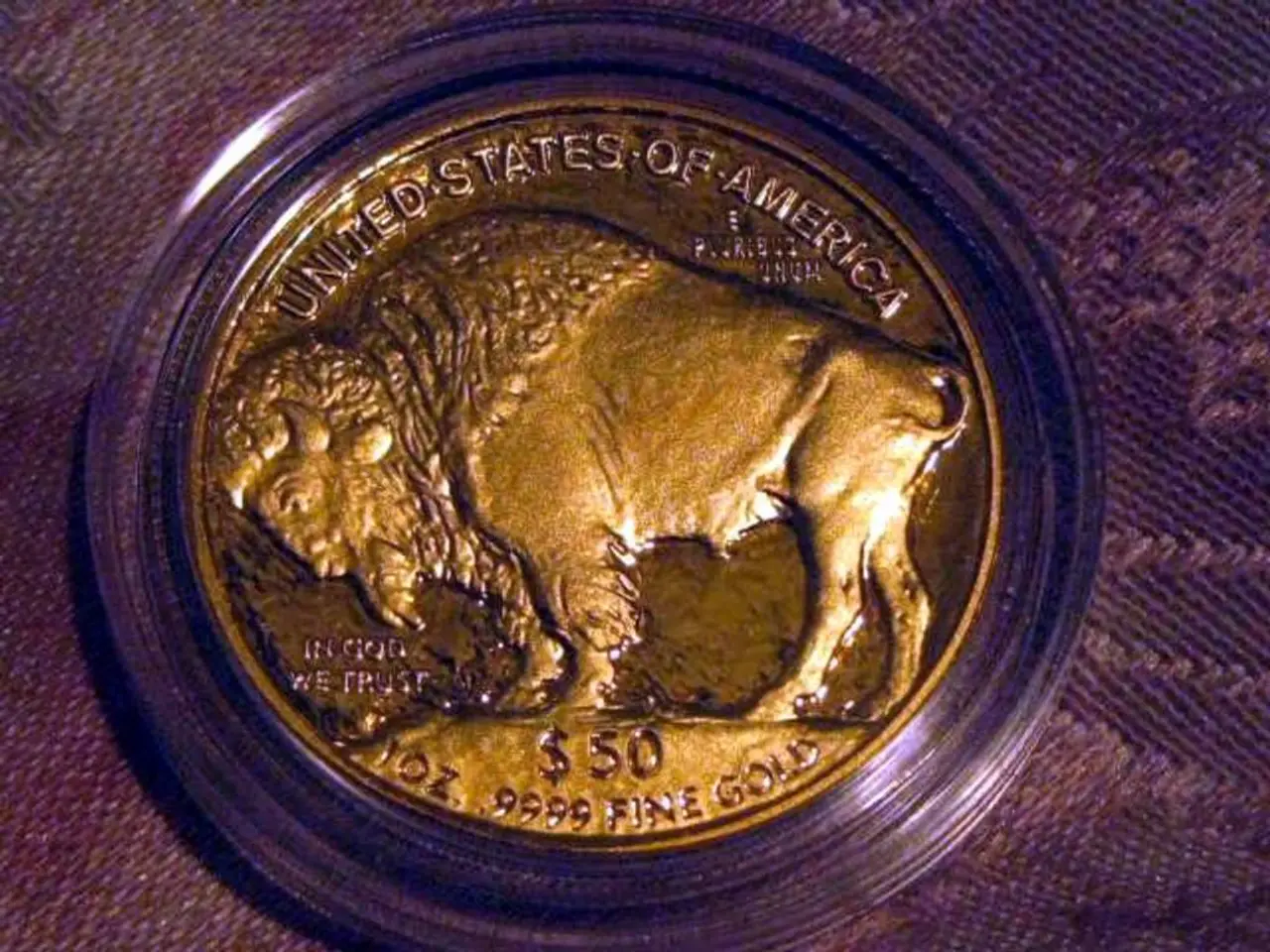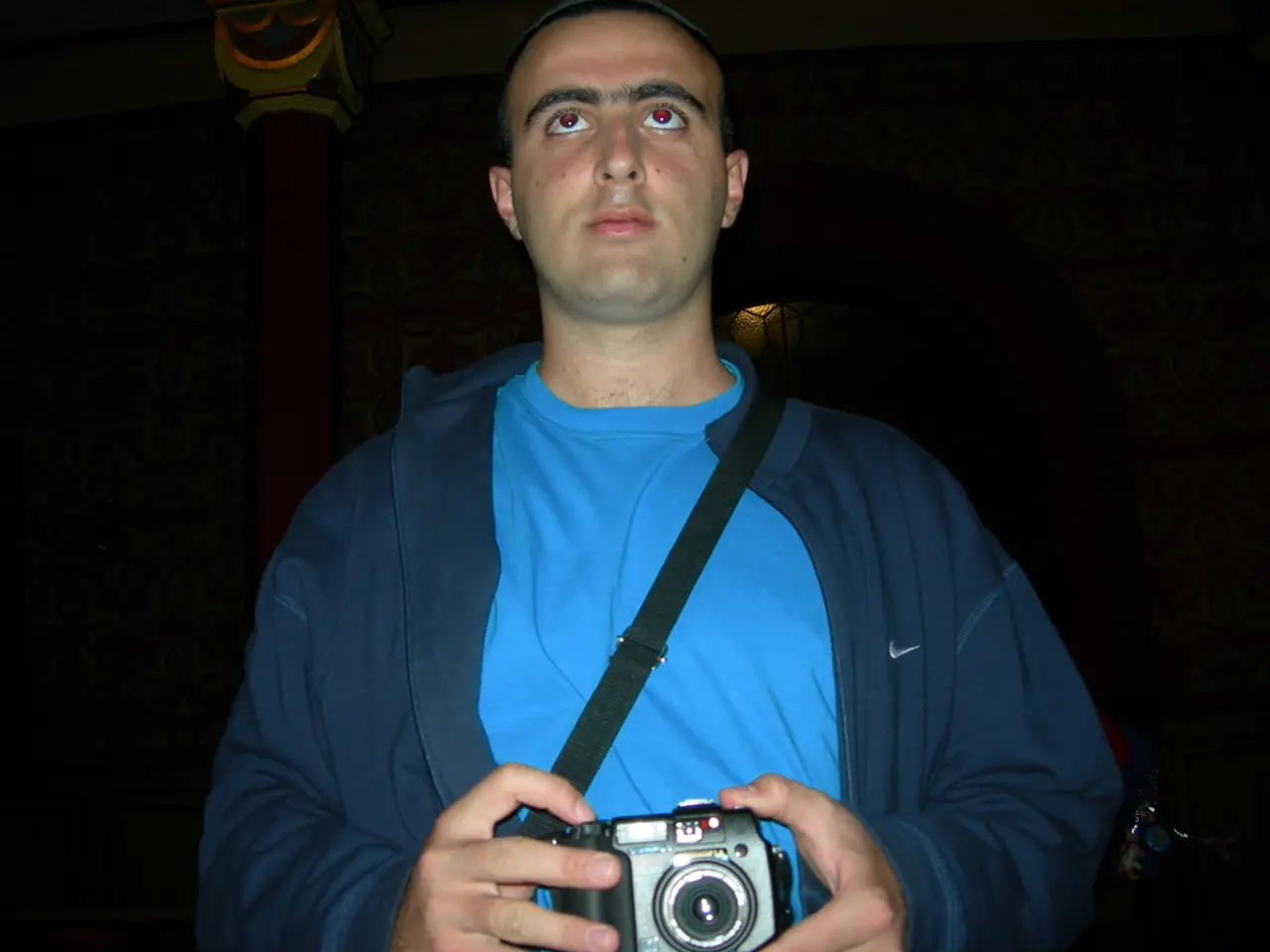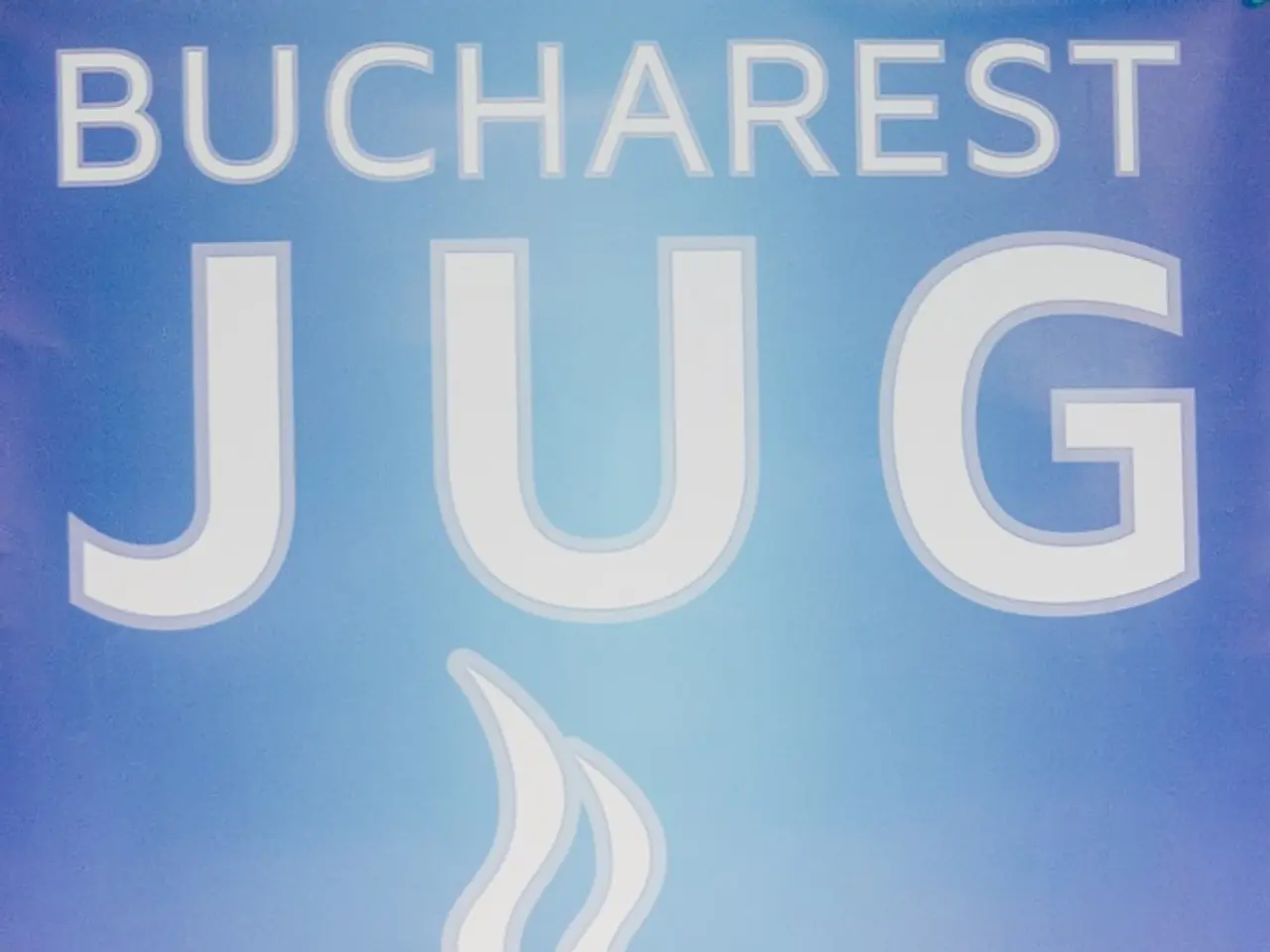Trump embroiled in controversies surrounding his relationship with cryptocurrencies and political duties?
The Trump family's cryptocurrency venture, USD1, has become the seventh-largest stablecoin globally, with a market capitalization of around $2.17 billion. This digital currency, launched by World Liberty Financial in March 2024, is under intense scrutiny by Democratic senators and regulators due to concerns about conflicts of interest and potential corruption in the cryptocurrency industry.
Key Implications and Investigations
Conflict of Interest
Senators Elizabeth Warren, Ron Wyden, and Chris Van Hollen argue that President Trump, by virtue of his influence over cryptocurrency policy, stands to benefit directly from regulatory decisions that could favor his family’s crypto business. This arrangement is seen as an unprecedented conflict of interest, particularly since Trump signed the GENIUS Act, which grants the Office of the Comptroller of the Currency (OCC) broad authority over stablecoin regulation while his family profits from USD1.
Potential Corruption Model
A notable example involves a $2 billion deal where Emirati firm MGX would invest in Binance using USD1 stablecoins. Senators describe this as "a staggering model for corruption" due to the potential for large financial gains for the Trump family and the involvement of Binance, a firm with a history of criminal anti-money laundering and sanctions violations. Binance also helped develop the technology behind USD1, raising further concerns about a lack of regulatory scrutiny and transparency.
Regulatory Gaps and Risks
The GENIUS Act, despite empowering the OCC, does not extend conflict-of-interest restrictions to the president or vice president, which critics say enables this sort of entanglement. Additionally, stablecoins like USD1 lack the consumer protections and federal insurance that traditional bank deposits have, posing systemic risks if conflicts of interest lead to regulatory capture or lenient oversight.
Calls for Investigation
Senators have formally pressed the OCC to clarify how it intends to handle this conflict of interest and to ensure that regulatory frameworks prevent undue influence from the Trump family’s financial interests. The scrutiny reflects broader concerns about the potential for corruption where political power intersects with emerging financial technologies like cryptocurrencies.
In conclusion, USD1 represents a significant case study in the intersection of cryptocurrency markets, political power, regulatory policy, and financial ethics, with ongoing investigations focusing on conflicts of interest, corruption risks, and gaps in consumer and systemic protections.
To deepen the discussion on the above case, it's essential to consider the potential impact of the Trump family's investments in the crypto academy and its effect on finance and investing. The ongoing investigations into the USD1 stablecoin could shed light on whether the Trump family has leveraged their political influence to benefit financially, thereby raising questions about the integrity of the cryptocurrency industry and investment practices.
Moreover, the use of USD1 in a $2 billion deal between MGX and Binance highlights the concerns surrounding the role of crypto in potential corruption models. Such deals, given Binance's history of anti-money laundering and sanctions violations, underscore the need for increased regulatory oversight and transparency in the crypto academy to protect investors and maintain financial stability.




